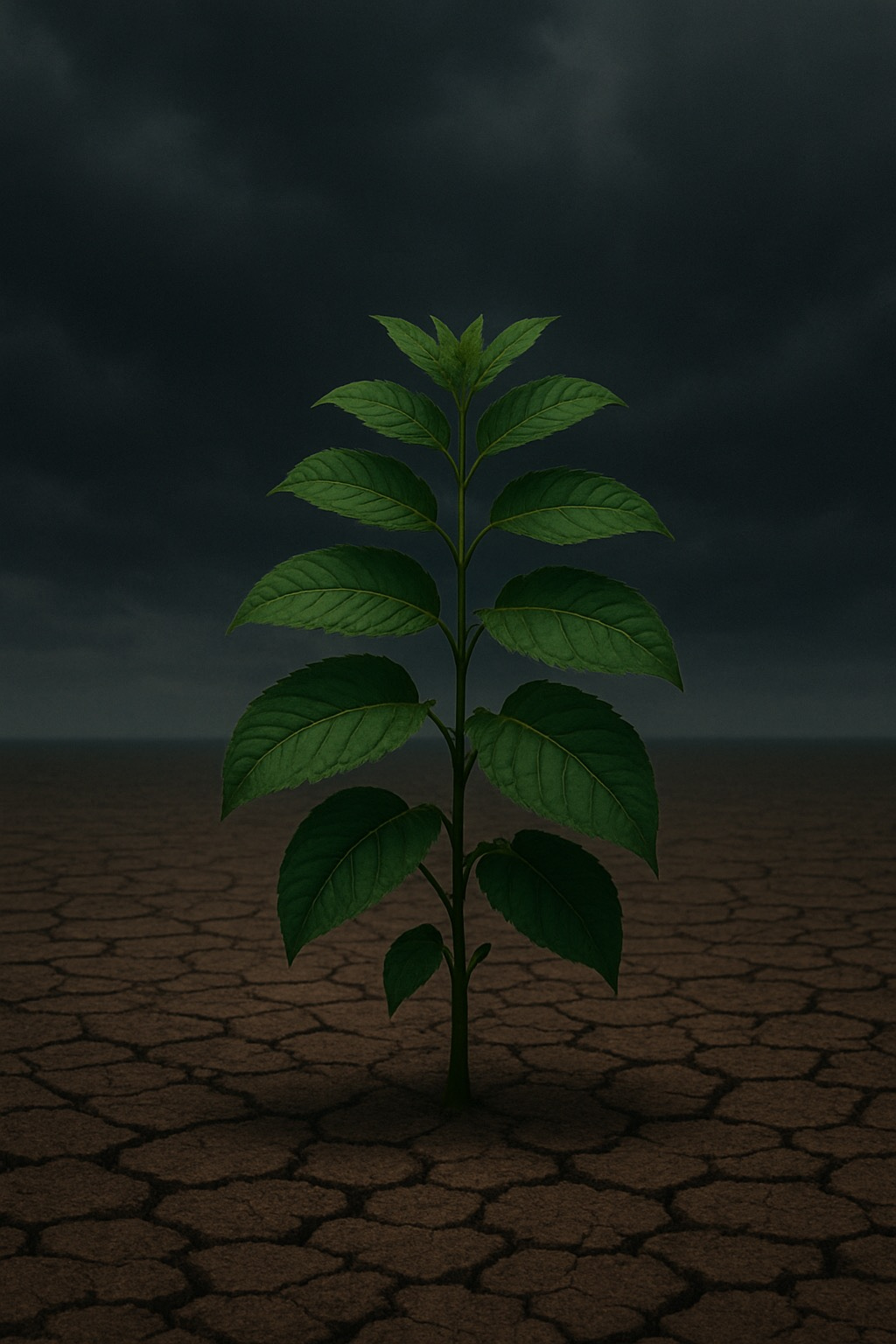When the Answer Doesn’t Come
You did the duʿāʾ.
You did the Qur’an.
You did the worship.
You waited.
And it didn’t come.
This is not hypothetical. It’s architecture. The Qur’an speaks directly to this condition, and so does the Prophet ﷺ.
A request made to God is never lost.
قَالَ رَسُولُ اللَّهِ ﷺ:
“ما من مسلمٍ يدعو بدعوةٍ، ليس فيها إثمٌ، ولا قطيعةُ رحمٍ، إلا أعطاه الله بها إحدى ثلاثٍ: إمّا أن تُعجَّلَ له دعوتُه، وإمّا أن يدَّخرها له في الآخرةِ، وإمّا أن يصرف عنه من السوءِ مثلَها”
قالوا: “إذاً نُكثِرُ.” قال: “اللهُ أكثرُ.”
The Messenger of Allah ﷺ said: “There is no Muslim who supplicates to Allah with a duʿāʾ that contains neither sin nor cutting of family ties, but that Allah grants him one of three things: either He brings it about quickly, or He stores it for him in the next world, or He wards off from him a harm equivalent to it.”
They said: “Then we’ll ask for more!” He replied: “Allah has even more.”
— Musnad Aḥmad, 11133. Ḥadīth Ṣaḥīḥ.
This is not optimism. It is procedure.
You can pray for years and still not receive the thing. That is not failure.
Zakariyyāʾ made duʿāʾ for a child until old age. The Qur’an records not the birth—but the waiting.
رَبِّ إِنِّي وَهَنَ الْعَظْمُ مِنِّي وَاشْتَعَلَ الرَّأْسُ شَيْبًا وَلَمْ أَكُنۢ بِدُعَآئِكَ رَبِّ شَقِيًّا
“My Lord, my bones have become feeble, my head flares with grey, but I have never, in making duʿāʾ to You, been disappointed.”
— Qur’an 19:4
He says this with no son in sight. Because the point is not arrival. The point is that he is still asking.
You can weep and not be rebuked.
Yaʿqūb loses his son. Time passes. He weeps.
وَٱبْيَضَّتْ عَيْنَاهُ مِنَ ٱلْحُزْنِ فَهُوَ كَظِيمٌ
“And his eyes turned white from grief, and he suppressed his sorrow.”
— Qur’an 12:84
His family rebukes him for grief. His reply:
قَالَ إِنَّمَآ أَشْكُوا۟ بَثِّى وَحُزْنِىٓ إِلَى ٱللَّهِ
“He said: I only complain of my anguish and sorrow to Allah.”
— Qur’an 12:86
This is the authorized form of grief: addressed to God.
Supplication is not a switch. It is itself the end.
قَالَ رَسُولُ اللَّهِ ﷺ:
“الدُّعَاءُ هُوَ الْعِبَادَةُ”
“Duʿāʾ is worship.”
— Jāmiʿ al-Tirmidhī, 2969. Ḥasan.
If you are still making duʿāʾ, you are already in the core act. You have not been turned away. You are in it.
God’s response is guaranteed. What form it takes is not.
وَقَالَ رَبُّكُمُ ٱدْعُونِىٓ أَسْتَجِبْ لَكُمْ
“And your Lord says: Call upon Me, I will respond to you.”
— Qur’an 40:60
He did not say: “I will give you what you want.”
He said: “I will respond.”
That response may be giving, withholding, shielding, deferring.
The Prophet ﷺ broke. And he spoke it.
After the public rejection and physical abuse of Ṭāʾif, the Prophet ﷺ said:
“اللَّهُمَّ إِلَيْكَ أَشْكُو ضَعْفَ قُوَّتِي، وَقِلَّةَ حِيلَتِي، وَهَوَانِي عَلَى النَّاسِ، يَا أَرْحَمَ الرَّاحِمِينَ، أَنْتَ رَبُّ الْمُسْتَضْعَفِينَ، وَأَنْتَ رَبِّي، إِلَى مَنْ تَكِلُنِي؟”
“إِلَى بَعِيدٍ يَتَجَهَّمُنِي، أَمْ إِلَى عَدُوٍّ مَلَّكْتَهُ أَمْرِي؟ إِنْ لَمْ يَكُنْ بِكَ عَلَيَّ غَضَبٌ فَلَا أُبَالِي، وَلَكِنَّ عَافِيَتَكَ هِيَ أَوْسَعُ لِي…”
“O Allah, I complain to You of my weakness, my lack of strategy, and my humiliation in the eyes of men. You are the Lord of the oppressed, and You are my Lord. To whom do You abandon me? To a distant stranger who insults me? Or to an enemy You have empowered over me? If You are not angry with me, I do not care. Yet Your ease is more expansive for me.”
— Ibn Hishām, Sīrah, vol. 1. Ibn Kathīr, al-Bidāyah wa al-Nihāyah.
He did not ask for immediate justice. He asked that God not be angry. That was his line.
So where does this leave you?
You are not forsaken.
You are not unheard.
You are not weak for breaking down.
You are not wrong for asking again.
You are not late.
You are not lost.
You say:
“I asked. I didn’t receive.
But I was received.
And I am still asking.
So I have not been turned away.”










